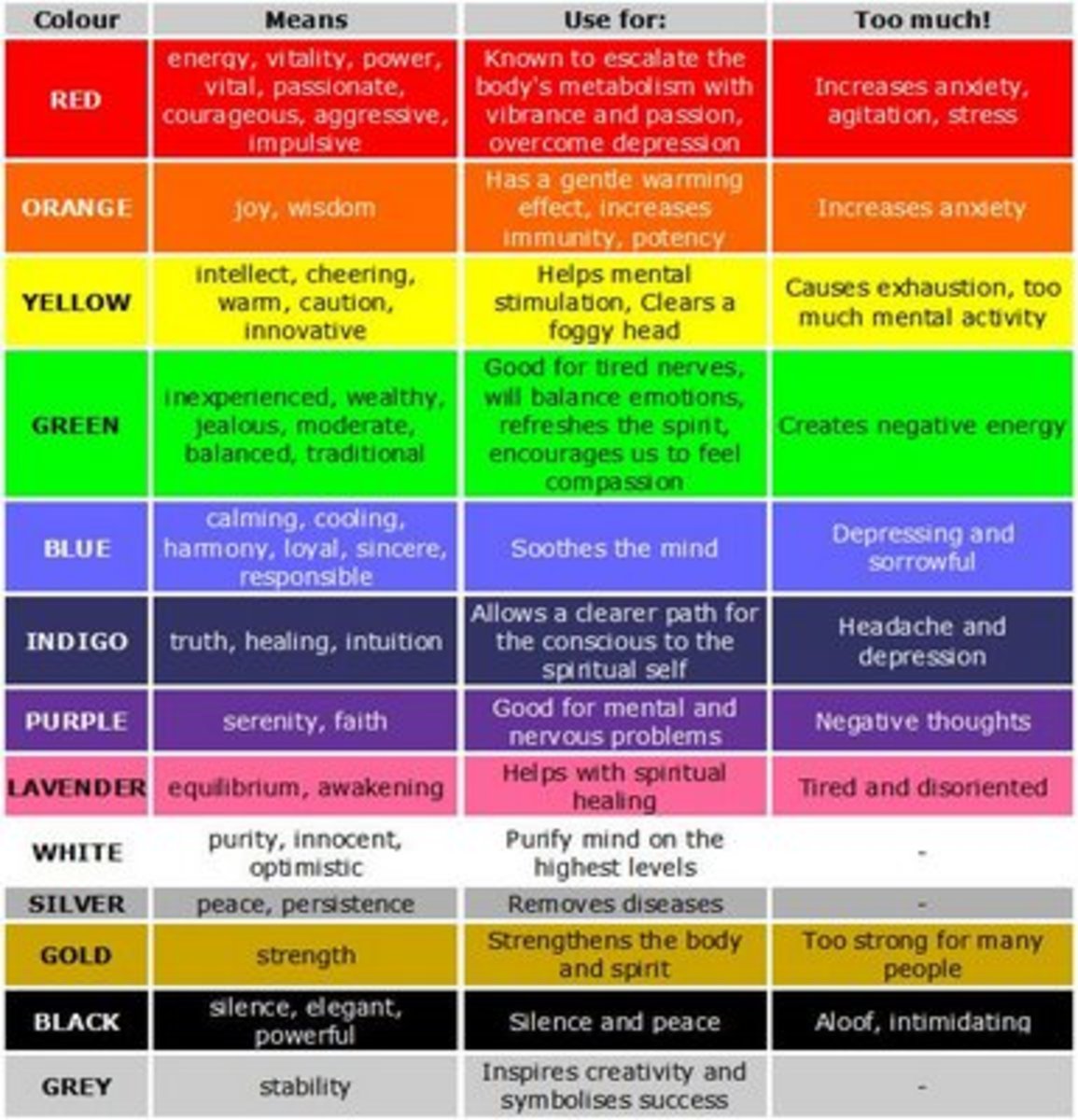Stress Management: How to Relax in an Instant Using the Mind-Body Connection

Immediate Relief of Mental Stress
Everyone experiences stress, from an elderly woman with a bad hip trying to cross a busy street to a baby crying for food. Over time, stress doesn’t just deplete our body’s resources and wear us down mentally and emotionally, but it creeps deep into the body and creates an environment in which disease can thrive.
There are all sorts of environmental stressors that the body must endure on a constant basis, such as air pollution and impurities in food and water and the accumulation of toxins from improper digestion and poor sleeping habits, but the body must also endure mental stress: Tension created internally from our own thoughts and how we react to the world around us.
What most people don’t realize about mental stress is that it manifests in the body. When our thoughts and emotions create stress, we hold it physically. Some people “store” this stress in their shoulders (or more accurately, their trapezius muscles), face (such as scowling), jaw (gritting the teeth), stomach (“butterflies” or cramping) and so on.
Because most people do not realize that they are storing this stress in their bodies, and even if they do, they consider it to be a side effect of stress. They do not realize that it is easy to develop a relaxation response to instantly abate mental stress. And this is because they simply were never taught how to do so. Some people will try to combat mental stress with positive self talk, or attempt to distract their thoughts by focusing on something else. But in most cases, people become consumed by the stress of a new, seemingly negative event (someone cutting them off in traffic, the boss increasing their workload, their spouse nagging them) and spiral into a pattern of cynicism or anger that only increase the mental tension.
A much better and more powerful way to deal with mental stress is to take advantage of the mind-body connection. Just as the mind stores negative thoughts in the body by becoming tense, the body can reverse the mental stress by relaxing that part of the body that normally holds stress. This information is powerful, and its benefits should not to be taken lightly.
For example, let us consider a man named Joe whose face and stomach tightens whenever he finds himself under great mental stress. Joe is going through a divorce and is unable to concentrate at his job. Throughout the day, his thoughts drift to how unreasonable his ex is being, or wondering how he will deal with his accumulating debt, and why his boss won’t cut him a little slack. So throughout the day, unconsciously, Joe tightens his face, furrowing his brow, squinting his eyes, breathing shallowly. Joe is unable to get his mind off of his problems, and the more he thinks about them, the more hopeless his situation seems. But let’s imagine that some kindly soul in his office approaches him and tells him about the method that I am about to share with you from my years of teaching Chi Kung.
Joe’s friend, Bob, says that it’s clear that Joe is stressed out and Bob advises Joe to 1) ask himself where in his body is he storing his stress and tension; and 2) once he becomes aware of where the tension is being stored, to draw his attention to those parts of his body and tell them to relax.
Joe can feel the tension around his eyes, so in his mind, he tells his eyes to relax, his eye brows to relax, his face to relax, and he is surprised that his face instantly responds. Not only that, as soon as he tells his face to relax and it does, Joe immediately felt less tension and negative thoughts in his mind. Joe also realized that he was holding stress in the pit of his stomach, so he tells his stomach to relax and takes a deep, slow breath. It has the same effect: Instant relaxation.
Thereafter, each time Joe feels tension building up from negative thoughts, he tells his face and stomach to relax, and by doing so, Joe is able to avoid the negative spiral that would usually drain his energy.

So try it yourself the next time you feel pressure, strain, or stress brought on by your thoughts.
1) Ask yourself where you in your body you are holding the stress;
2) Tell that part of your body to relax
If the tension is in your shoulders/trapezius muscles, tell those muscles to relax and let your shoulders drop.
The more you use this relaxation technique, the more instant and powerful it will become, and you will learn how to instantly relax anywhere, anytime, no matter the circumstances.
Please feel free to share your experiences trying this method of stress management in the comments below!
Cheers!
RKW
Note: This article is for addressing mental stress and how it stores tension in the body. If you have pain from environmental factors such as an injury or poor posture, that type of pain is not (solely) the result of mental stress and you should consult a professional practitioner such as a doctor or physiotherapist for such issues.









